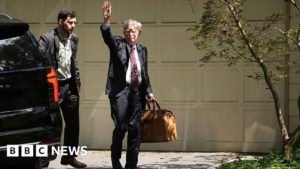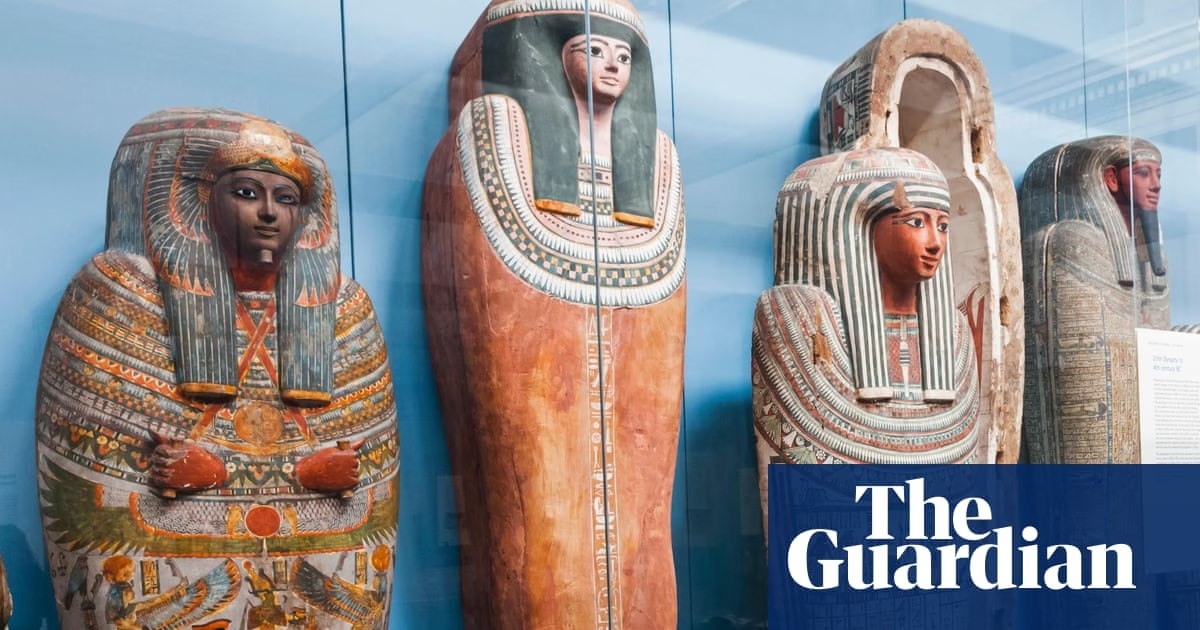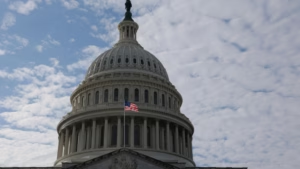A group of MPs in the UK, known as the All-Party Parliamentary Group for Afrikan Reparations (APPG-AR), argues that the public display of human remains, including ancient Egyptian mummies at the British Museum, is disrespectful and should be prohibited. The group’s report, “Laying Ancestors to Rest,” suggests making it an offense to sell or display ancestral remains without permission. The report emphasizes that the ownership of body parts taken to the UK due to slavery and colonialism has caused significant distress to descendants, diaspora communities, and countries of origin.
The report advocates for repatriating human remains, including bones, skeletons, skin, hair, and tissues that are incorporated into cultural artifacts, to their countries of origin whenever it is possible. It recommends changing the law to allow national museums, such as the Victoria and Albert Museum, the Science Museum, and the Natural History Museum, to remove or “deaccession” remains from their permanent collections.
MP Bell Ribeiro-Addy, the chair of the APPG-AR, believes that this report can help address the racial injustice perpetuated by the colonial trade of human remains. She argues that displaying human remains without consent is unethical, and that removing these items from public view would demonstrate a form of respect.
The report also calls for the government to amend the Human Tissue Act 2004 to include remains that are more than 100 years old, as the act currently does not consider ancestral remains looted from Africa. It points out that Egyptian mummified persons were brought back to Britain for pseudoscientific research purposes.
Zaki El-Salahi, a member of the Sudanese community in Edinburgh, expressed his disgust upon seeing body parts of his ancestors in the Anatomical Museum in the University of Edinburgh. The remains were taken by British colonizers after the Battle of Omdurman in 1898, which highlighted the injustice and deep connection between Elm-Salahi’s hometown and his place of residence.
Under the APPG-AR’s proposals, museums, universities, and other institutions would need a license to store ancestral remains and could only display them for religious purposes or with appropriate consent. The report also suggests creating a memorial or burial site in the UK for ancestral remains that cannot be returned due to the destruction of their origins caused by colonial violence.
The British Museum responds by stating that they are aware of their moral obligations and adhere to guidelines set out by the Department of Culture, Media and Sport and the Human Tissue Act 2004, ensuring that human remains are treated and displayed with respect and dignity.
Source: https://www.theguardian.com/world/2025/mar/12/ancestral-remains-should-no-longer-be-displayed-in-uk-museums-say-mps








